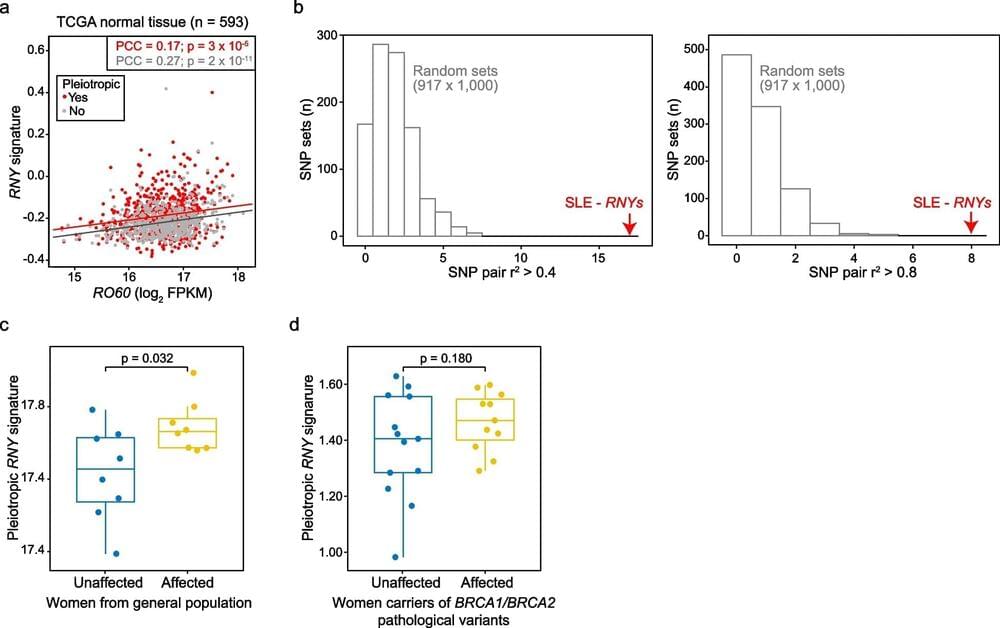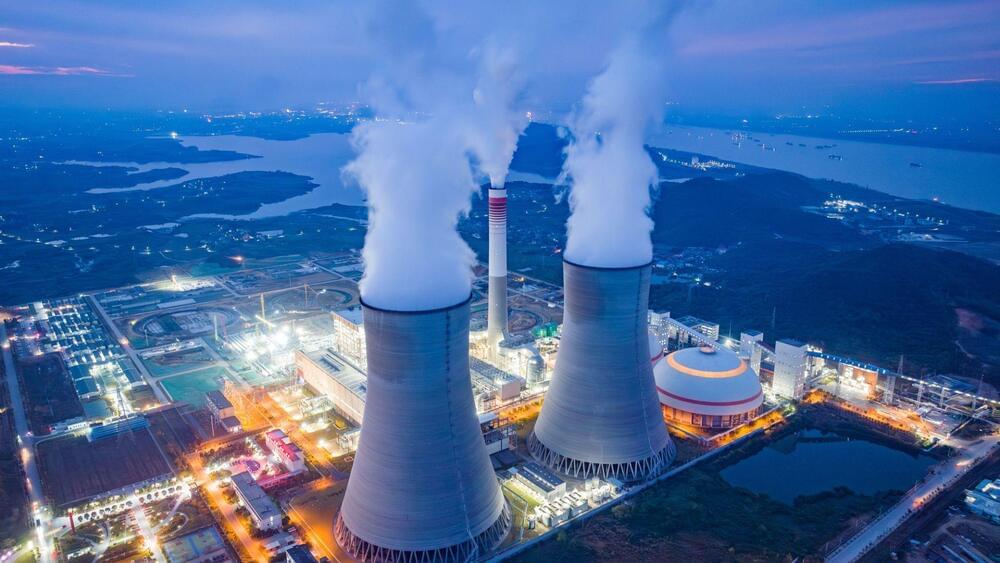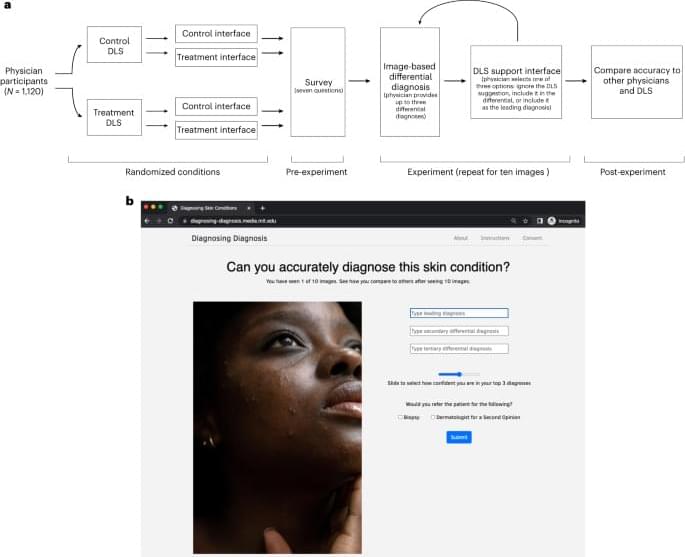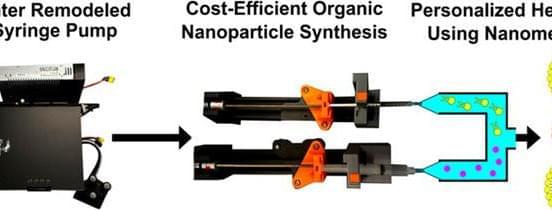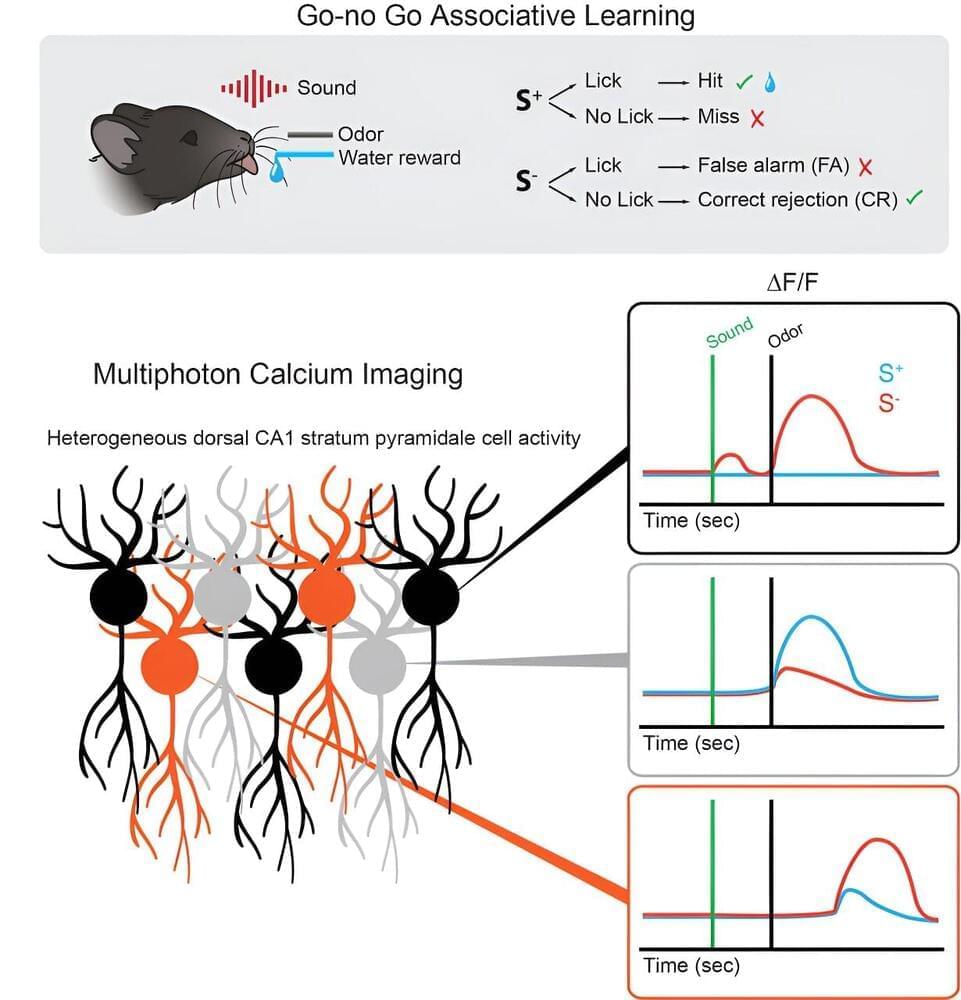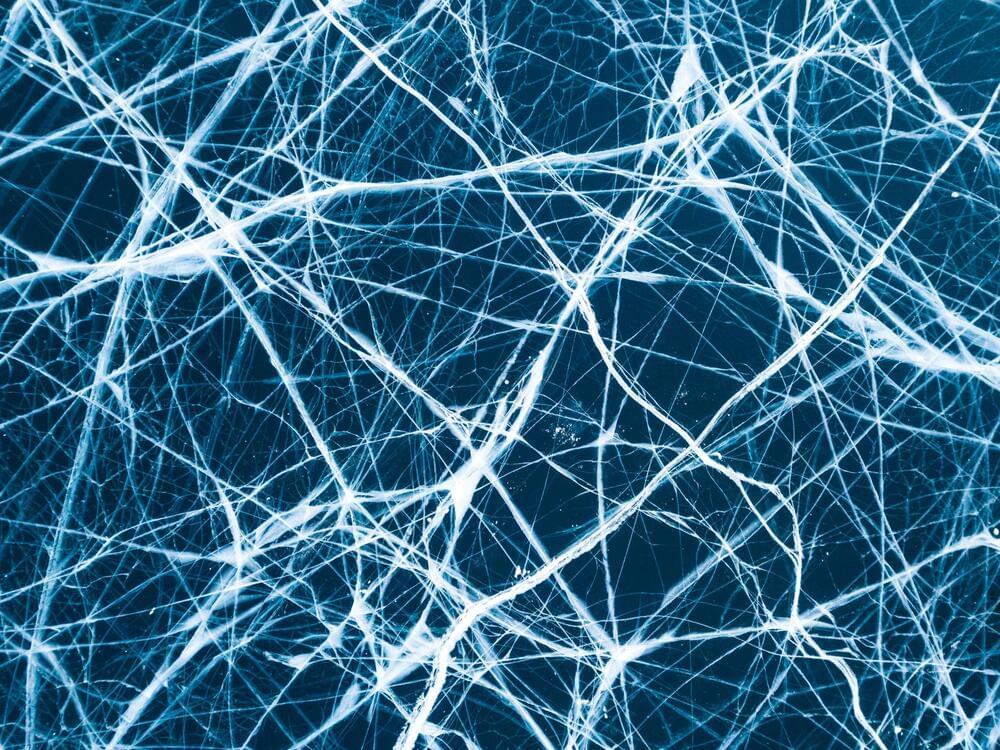An international team of researchers has identified the genetic basis and biological processes that influence cancer risk related to alterations in the number of immune cells present in the blood. This is a significant advance in understanding how the immune system can prevent the appearance of tumors.
The study, led by researchers from the Institut Català d’Oncologia (ICO), the Bellvitge Biomedical Research Institute (IDIBELL), the Germans Trias i Pujol Research Institute (IGTP), and the Translational Genomics Research Institute in the United States, has been published in the journal Genome Medicine and represents a significant step towards a better understanding of how alterations in the immune system facilitate the onset of cancer.
The immune system is responsible for maintaining the integrity and function of the body by continuously protecting us from exogenous attacks, such as viruses and endogenous attacks, in this case, cancer. This gives it a central role in inhibiting carcinogenesis, and its disruption may increase the risk of cancer by allowing malignant cells to proliferate.
